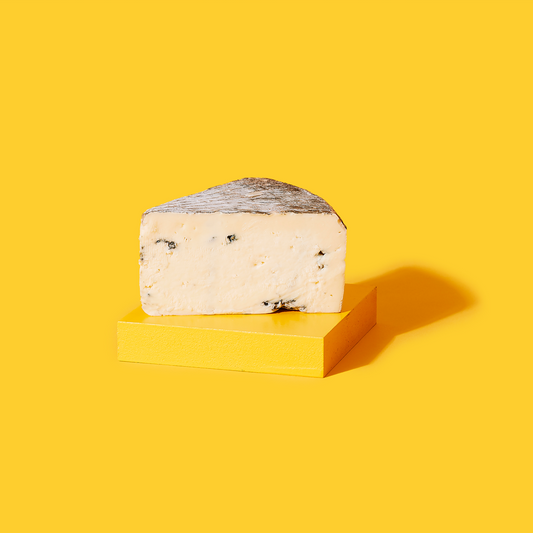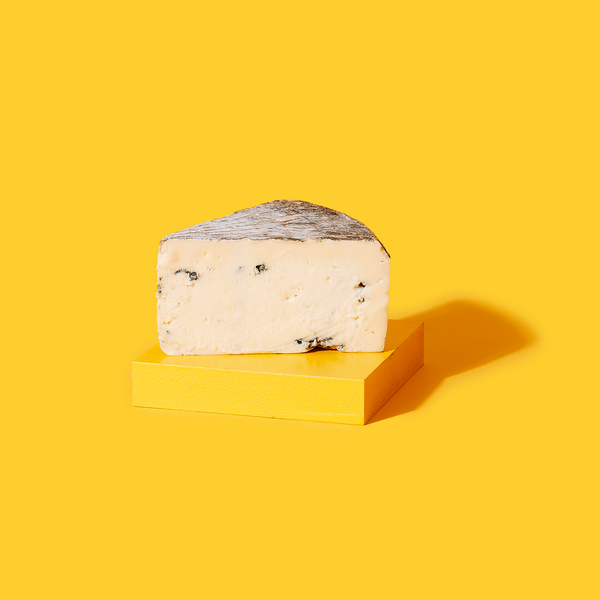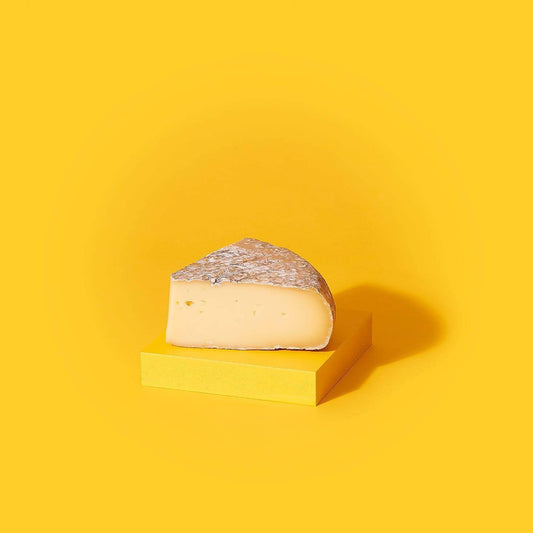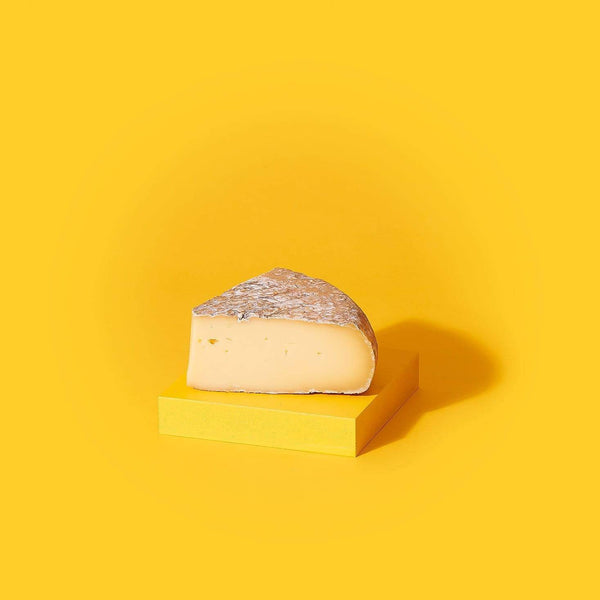Share
So it’s that time of year, we’re at that weird point when Christmas has just evaporated and we’re still trying to get back into the swing of reality. It’s no longer acceptable to not really know what day it is, yet we’re still writing the date as last years at least twice a week. Maybe you’ve promised yourself to join the gym or eat better, and it’s not going exactly to plan. Just remember, don’t be too hard on yourself, and that there are so many factors that can affect your mood and productivity.
Now, I am not saying cheese is the answer to everything (well it kind of is in cheesegeeks world), but there is bundles of research out there to prove the connection between your food and your mood. After all, they do say you are what you eat, so good food = good mood.
At cheesegeek, we could pretty much eat cheese all day, every day if we had the chance, but we know a well-round, balanced diet is the best possible way to go. I must admit though, I am partial to adding the equivalent of about 6 servings of some delightful hard cheese, Comte being my new favourite over my pasta dishes , but that’s somewhat essential surely? Moving on, let's get into how cheese - whether it be a charismatic cheddar or a boastful blue, affects your mood and work.
We know from previous blogs, cheese contains plenty of protein and fuels vital reactions in the body. Cheese consists of HBV or high biological value proteins, meaning it contains all essential amino acids for the body. These proteins are usually found in animal sources and supply us with an abundance amount of energy as well as blood sugar control which massively affects our productivity. One of the many amino acids cheese contains is called Tyrosine, which is associated with the conservation of energy in the body, as well as improving alertness, attention and focus. Exactly what we all need on a gloomy day, that just seems to drag on. Hard cheeses such as Parmesan have an extremely high level of protein, as do many Blue Cheeses. You don’t have to ask me twice to get my daily Gorgonzola dose!
Casein comprises the majority of protein in cheese, as a lot of the whey is drained off in production (amount depending on how hard of soft the cheese is). When the body digests protein, it is broken down into smaller compounds known as casomorphins. These casomorphins can cross the blood to brain barrier and attach to dopamine receptors, which can cause the brain itself to release the hormone dopamine. This 'happy' hormone is largely associated with feelings of pleasure and happiness. So in summary, the more casomorphines your brain is subjected to, the more glee and joy you are likely to feel.
Lastly, and this may be slightly biased given my total obsession with the yellow stuff, but eating cheese or any other foods you genuinely adore, releases serotonin, which is made in the gut once it reaches ones digestive system. Serotonin aids in stabilising our mood and sense of well-being. So what I’m saying in nutshell is, the more you like cheese, the more effect it will have on your happy hormones. No wonder when I had Tunworth, a camembert-style cheese last night, I was beaming from ear to ear.. In short, you’ll be pleased when eating cheese, and there's no denying the happier and more content you are the more productive you will be!

































































